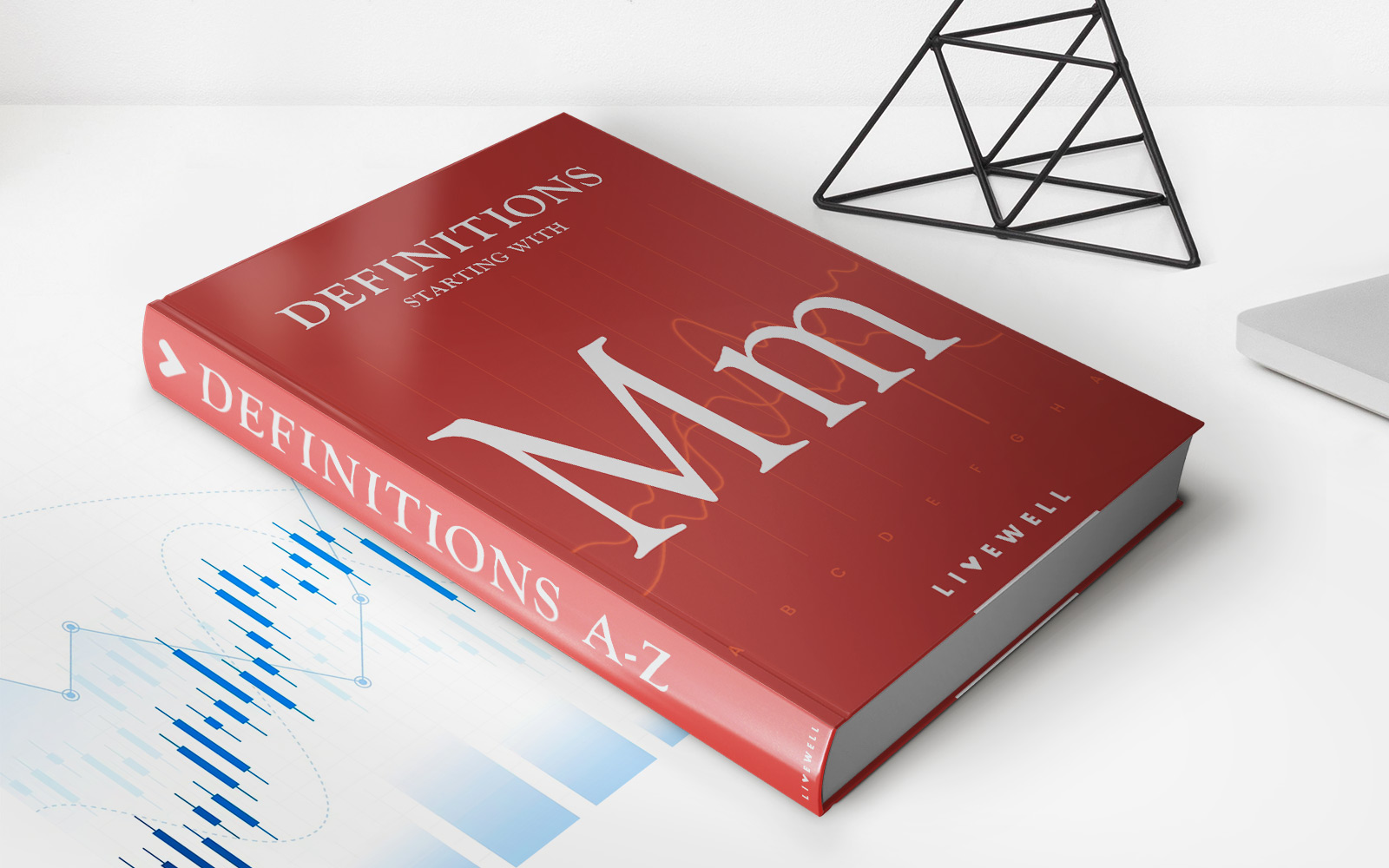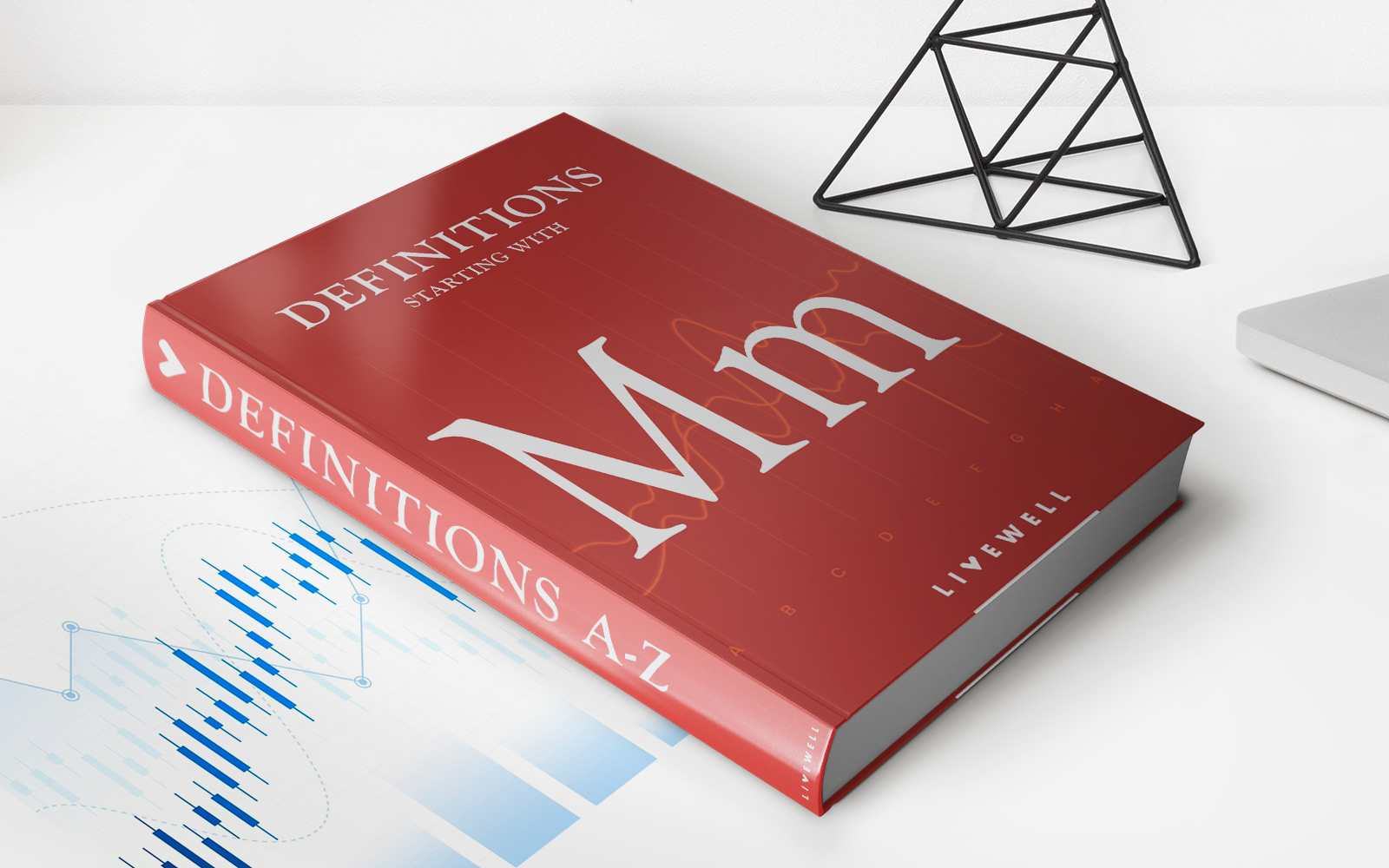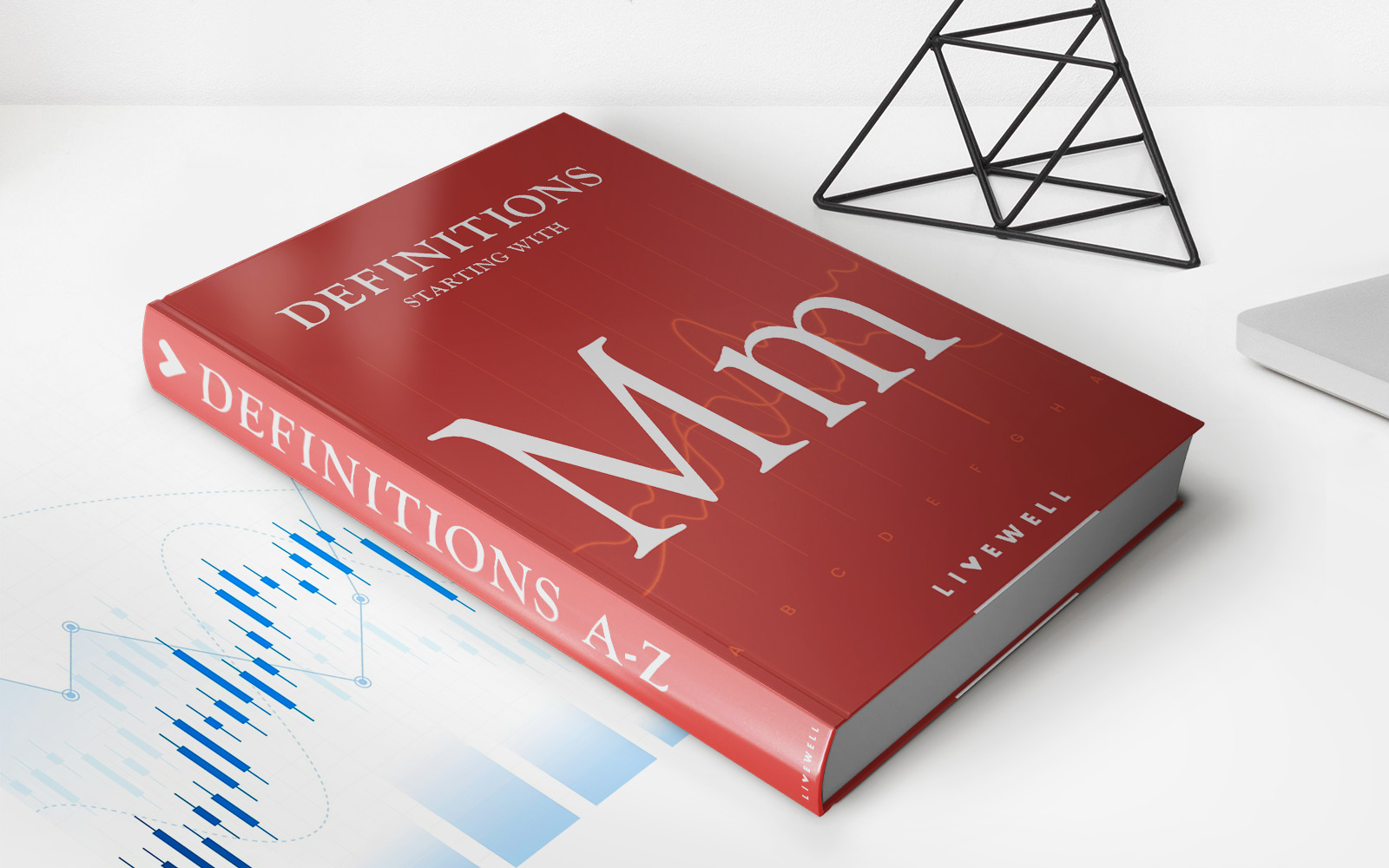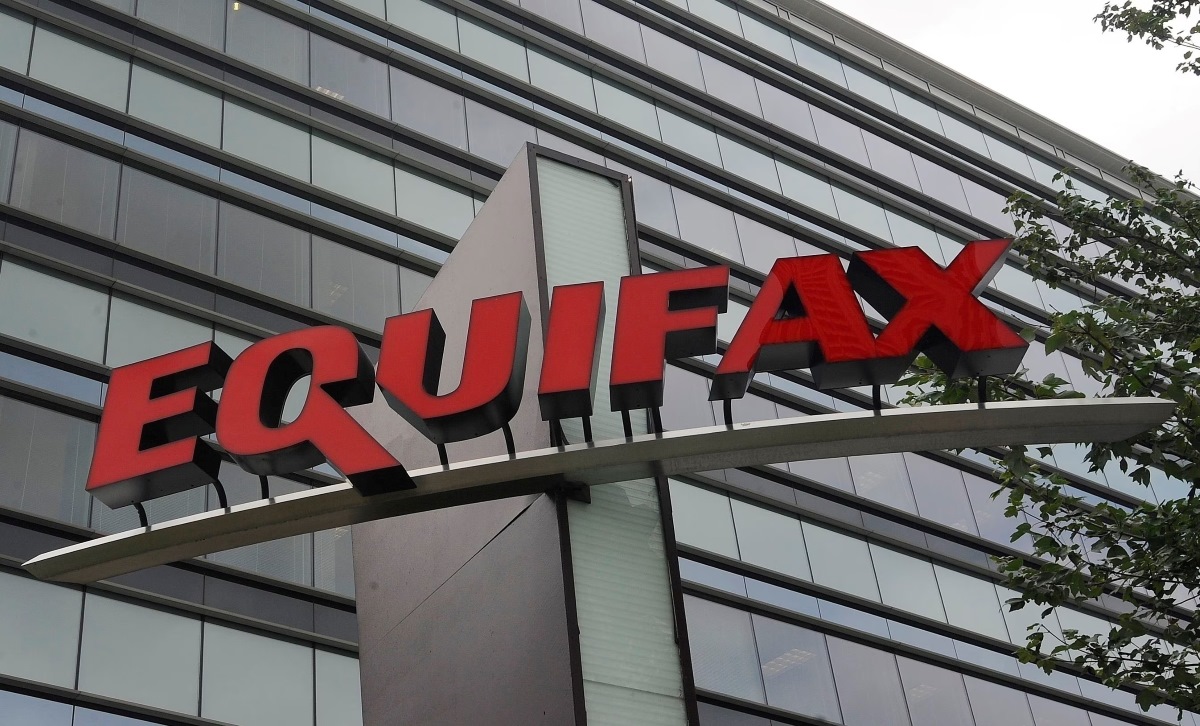Home>Finance>Mutual Company: Definition, How It Works, Advantages


Finance
Mutual Company: Definition, How It Works, Advantages
Published: December 28, 2023
Discover the definition and advantages of mutual company in the finance industry. Learn how it works and why it's a beneficial investment option.
(Many of the links in this article redirect to a specific reviewed product. Your purchase of these products through affiliate links helps to generate commission for LiveWell, at no extra cost. Learn more)
Mutual Company: Definition, How It Works, Advantages
Welcome to our Finance category blog post! Today, we will dive into the fascinating world of mutual companies. Have you ever wondered what exactly a mutual company is? How does it work, and what advantages does it offer? If these questions have piqued your interest, you’ve come to the right place! In this blog post, we will demystify mutual companies, providing you with a clear understanding of their definition, how they operate, and the benefits they bring to their policyholders.
Key Takeaways:
- Mutual companies are owned by their policyholders, meaning that profits are returned to policyholders in the form of dividends or lower premiums.
- Unlike publicly traded companies, mutual companies aim to prioritize the needs of their policyholders, as they are the ones who own and benefit from the company.
What is a Mutual Company?
A mutual company, also known as a mutual insurance company, is an insurance organization that is owned by its policyholders. Unlike publicly traded companies that have shareholders, a mutual company’s ownership is fundamentally different. Policyholders of a mutual company are considered members, and they have a say in the company’s decision-making process.
One of the notable characteristics of a mutual company is that it is not driven by the pursuit of profit maximization for shareholders. Instead, the main objective of a mutual company is to serve the needs of its policyholders. This approach aligns the organization’s interests with those of its members, creating a unique dynamic not often seen in traditional for-profit corporations.
How Does a Mutual Company Work?
In a mutual company, policyholders are both the customers and the owners. When policyholders purchase insurance coverage from a mutual company, they become members and shareholders of the organization. This ownership structure means that policyholders have the right to participate in the company’s annual meetings, vote on important decisions, and potentially even serve on the board of directors.
One key aspect of a mutual company is its financial model. Instead of distributing profits to external shareholders, a mutual company channels its profits back to its policyholders. These profits can be shared through dividends, which are commonly distributed to policyholders, or by reducing future premiums, further benefiting members.
Furthermore, as a mutual company is not designed to generate profits for shareholders, it can prioritize the long-term interests of its policyholders. This means that decisions are often made with the best interests of policyholders in mind, rather than solely focusing on short-term financial gains.
Advantages of Mutual Companies
Mutual companies offer several advantages that set them apart from other types of insurance organizations. Here are a few key benefits:
- Policyholder Focus: Since mutual companies are owned by policyholders, their primary focus is to serve the needs and interests of their members. This commitment to policyholders often translates into more personalized and customer-centric services and products.
- Stability and Longevity: Mutual companies tend to have a long history and a strong track record of financial stability. This stability is a result of their conservative underwriting practices and their aim to prioritize the long-term interests of policyholders rather than short-term financial gains.
- Profit Sharing: As mentioned earlier, mutual companies have the ability to share profits with their policyholders through dividends or lower premiums. This means that policyholders can benefit directly from the company’s success.
- Member Engagement: By being a policyholder of a mutual company, individuals have the opportunity to engage with the company directly. They can participate in discussions, vote on important decisions, and potentially influence the direction of the organization.
In conclusion, mutual companies offer a unique alternative to traditional publicly traded insurance companies. Their ownership structure places policyholders at the forefront and allows them to benefit directly from the company’s success. With a strong focus on long-term interests and personalized services, mutual companies create a mutually beneficial relationship between the organization and its policyholders.
Are you considering insurance coverage? Why not take a closer look at mutual companies and experience the advantages they bring? Remember, by becoming a member of a mutual company, you not only gain financial protection but also become a part of a community-driven organization.














